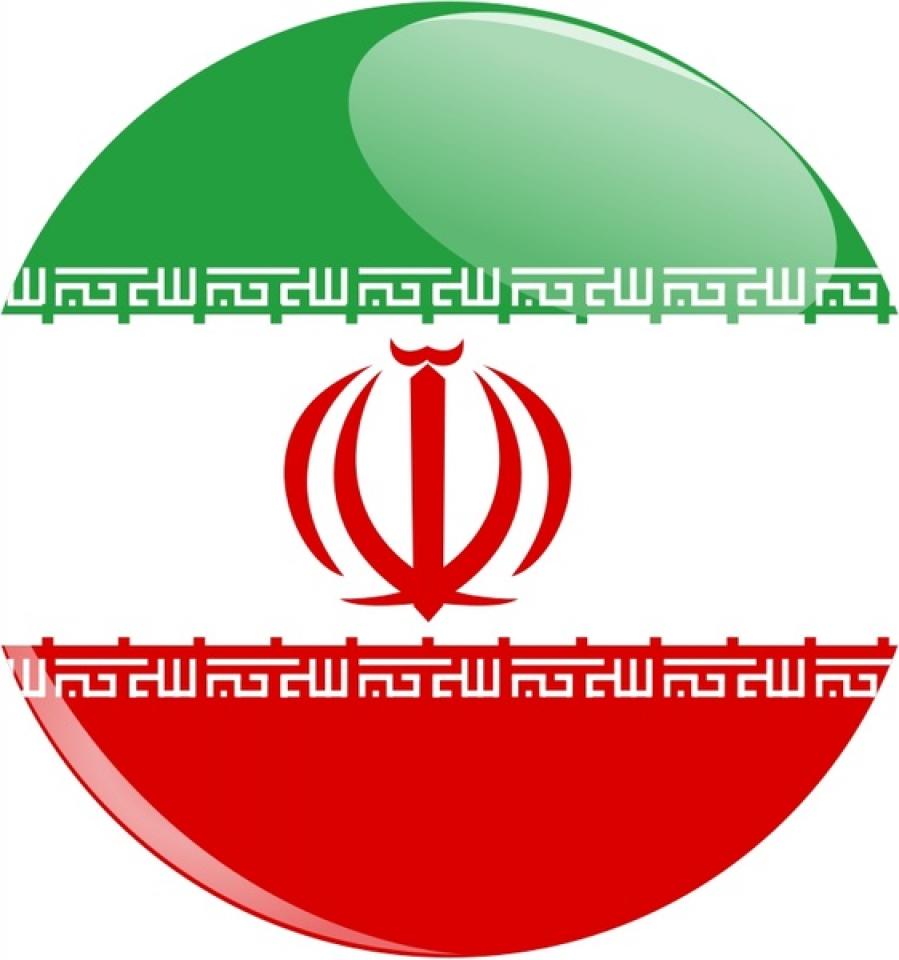The easing of United Nations sanctions against Iran in 2016 has created export opportunities for New Zealand. There is significant scope for increased trade, but care is needed.
Since United Nations sanctions were eased in 2016, there has been an uptick in government-to-government contact between New Zealand and Iran. The latest visit was by Minister for Primary Industries Nathan Guy early this month.
While in Iran, Minister Guy witnessed the conclusion of a Meat Agreement between the Iranian Veterinary Organisation and the New Zealand Ministry of Primary Industries and the signing of a Statement of Intent between Zespri and Iran's Ministry of Agriculture.
These developments are commercially significant. Iran, with a population of over 80 million people, is the second largest economy in the Middle East-North Africa region. It was among New Zealand's top five export markets for lamb in the 1980s and remains a critical market for New Zealand butter.
Other recent political contacts include:
•Iran's Foreign Minister Dr Mohammed Javad Zarif coming to New Zealand in March 2016
•Minister of Foreign Affairs Murray McCully going to Iran in May 2016, and
•Minister of Trade Todd McClay leading a trade delegation to Iran in December 2016.
During Dr Zarif's visit in 2016, the New Zealand Export Credit Office (NZECO) signed an arrangement with the Export Guarantee Fund of Iran (EGFI) designed to help facilitate economic cooperation between the two countries.
Chapman Tripp comments:
Pursuing opportunities with Iran will not be straightforward – Minister McCully noted recently that while the Government is seeking to deepen economic ties with Iran, remaining banking restrictions make this “a bit difficult".
It has been reported that Western banks have been hesitant to deal with Iran, due in part to concerns about whether doing so might cause them to run into problems with the US Treasury. But OFAC released guidance in 2016 that should give banks some comfort that they can structure transactions so as not to fall foul of the sanctions that remain in place.
Those remaining sanctions must be carefully managed. But they should not stop businesses from working with their financial institutions to investigate ways of accessing the Iranian market or increase their exports to Iran.
Undertaking thorough due diligence both on the part of exporters and financial institutions will be critical. But the potential prize may be well worth the effort.
For the full article click here.





